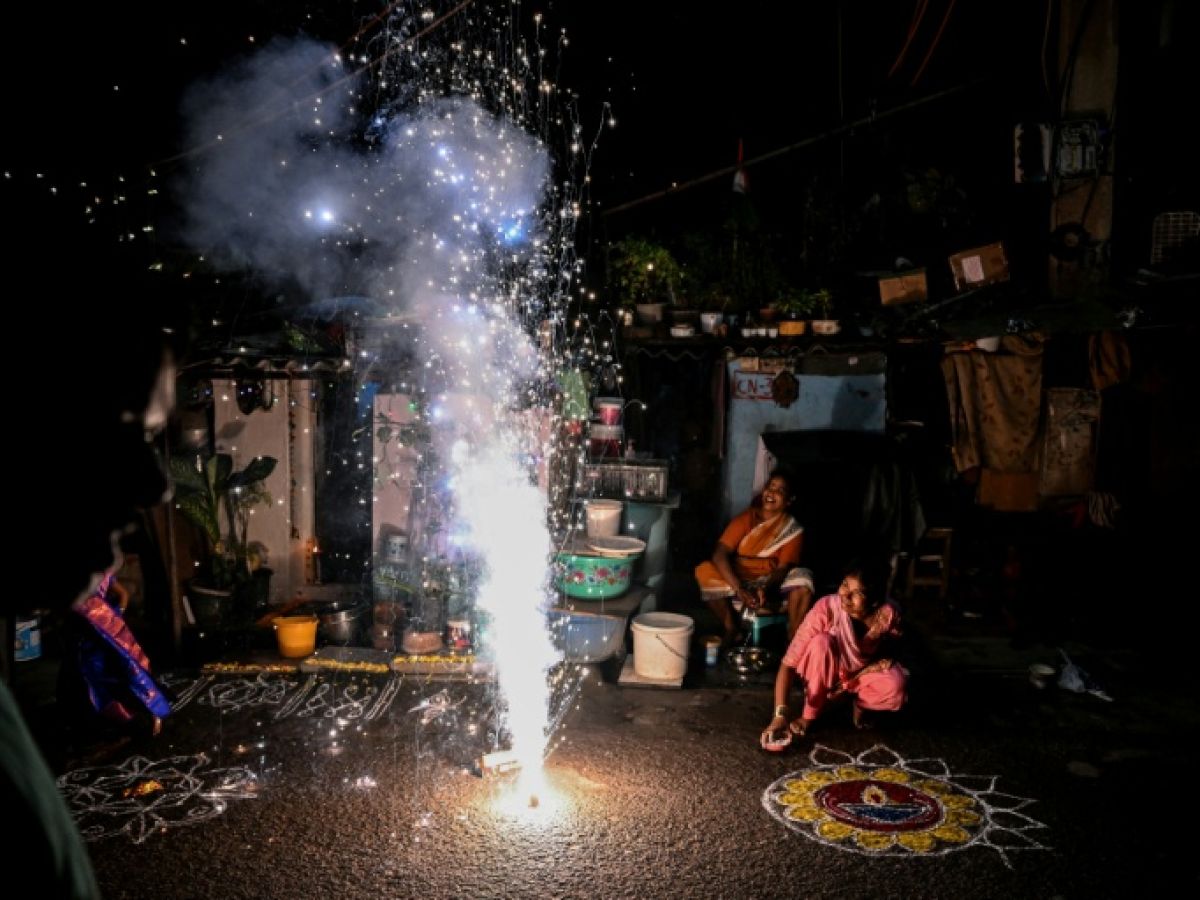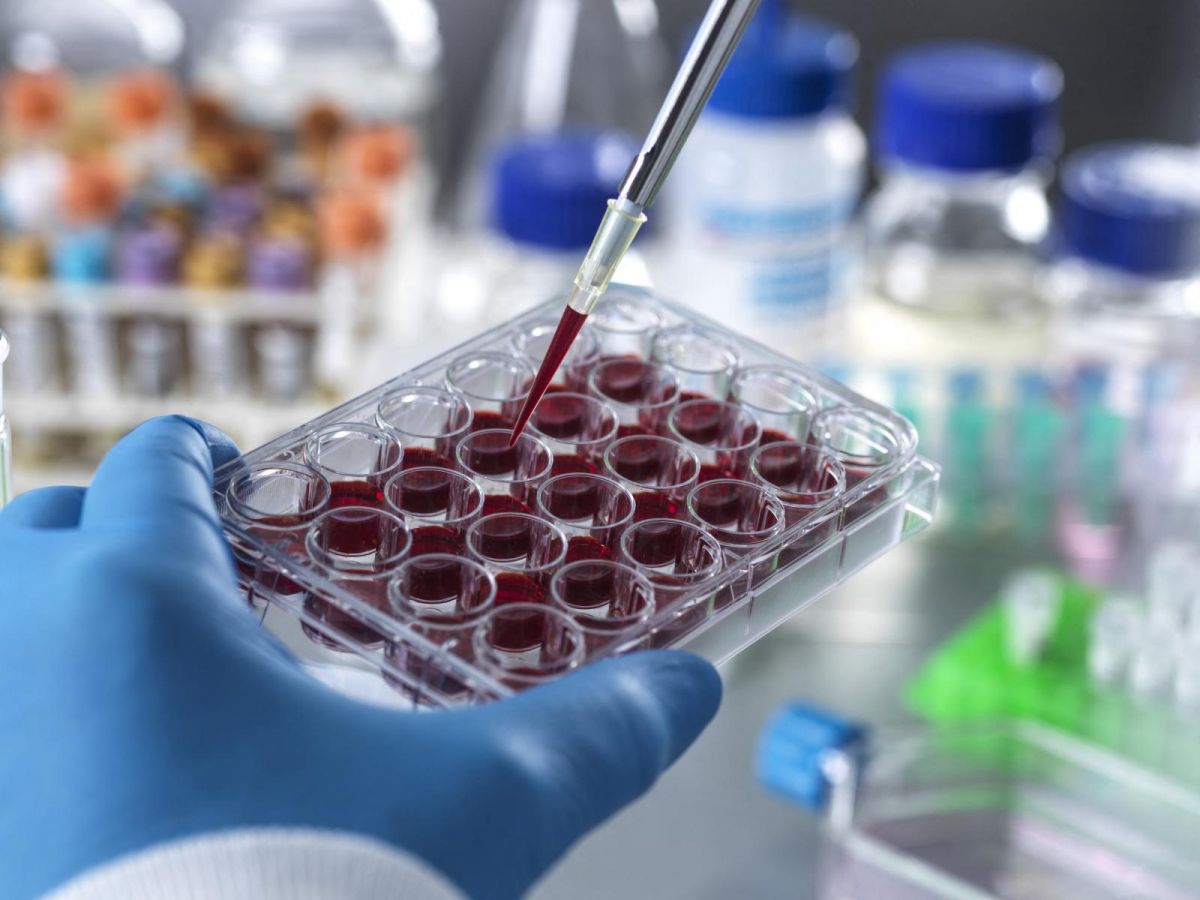India's capital, New Delhi, was covered in a thick blanket of toxic pollution on Tuesday after a night of fireworks set off for Diwali, the Hindu festival of lights.
On Tuesday, the pollution level reached more than 23 times the maximum daily level recommended by the World Health Organization, according to the Swiss company IQAir, which specializes in air quality monitoring.
On Monday, residents celebrated Diwali at home, notably by lighting small candles to honor the Hindu goddess Lakshmi and the victory of light over darkness.
Many people launched pyrotechnic rockets and set off large, highly polluting firecrackers.
On Tuesday at dawn, the level of PM2.5 microparticles – the most dangerous because they spread into the blood – reached 846 micrograms per cubic meter in some areas of the city, according to IQAir.
That's more than 56 times the maximum daily limit recommended by the WHO.
A few hours later, the level had fallen back to 320 micrograms per cubic meter, or 23 times the limit set.
In October, the Supreme Court eased the "total ban" on the use of fireworks and authorized the use of "green fireworks" intended to emit fewer particles and gases.
The restrictions ordered in previous years had been largely ignored by the residents.
The megacity, with more than 30 million inhabitants, regularly ranks among the most polluted capitals on the planet.
Each winter, cold air remains trapped under warmer air, which forms a "lid" preventing the thick, toxic, pungent-smelling cloud generated by factories, car traffic, and agricultural burning from dispersing at altitude.

The government indicated that it had taken measures to reduce pollution levels, including asking authorities to ensure an uninterrupted supply of electricity in order to limit the use of diesel generators.
Authorities in the capital have announced their intention to carry out, for the first time this month, cloud seeding by plane to make it rain and clear the toxic fog over Delhi.
Air pollution in New Delhi is the cause of thousands of premature deaths each year from cancer, heart disease, and respiratory illnesses.
A study published in the scientific journal The Lancet attributed 1.67 million deaths in India during 2019 to air pollution.


